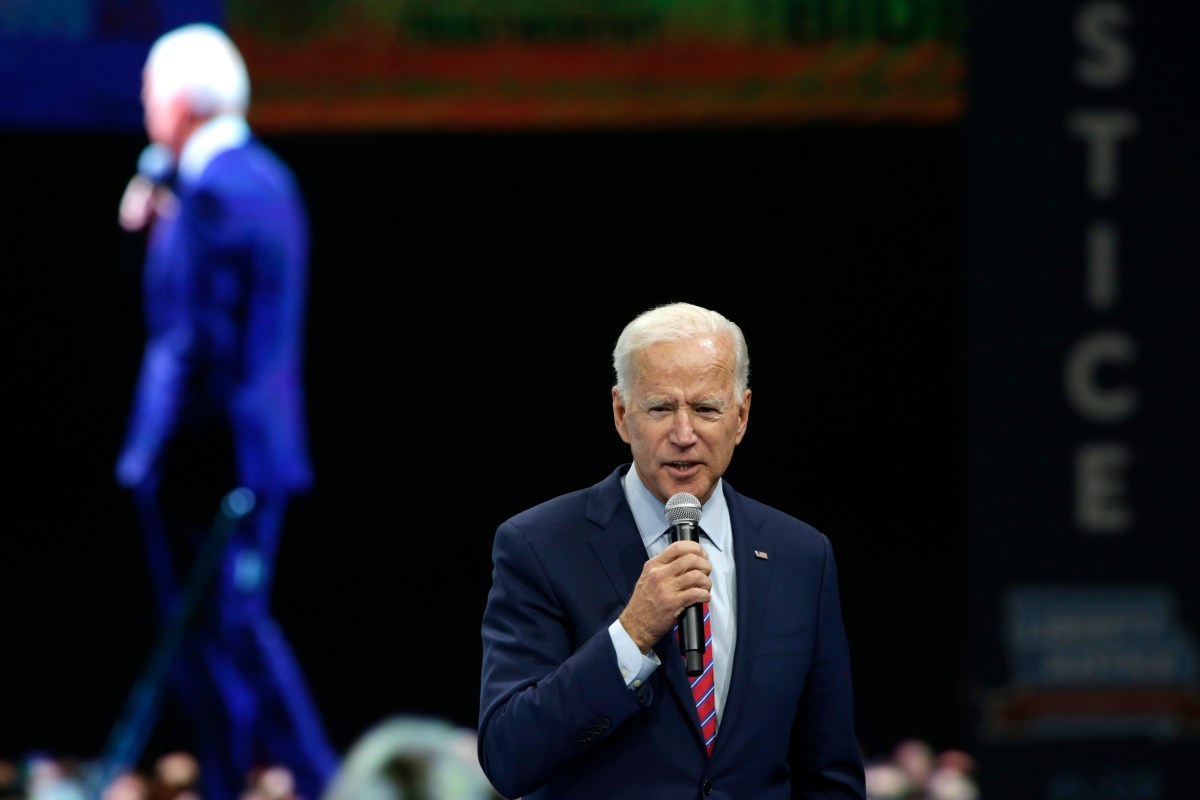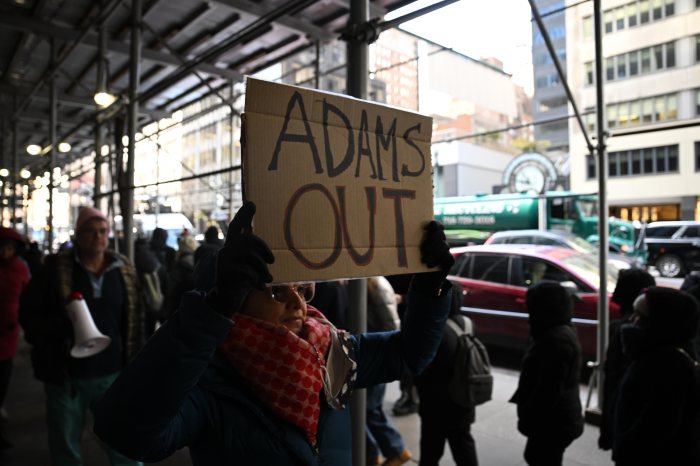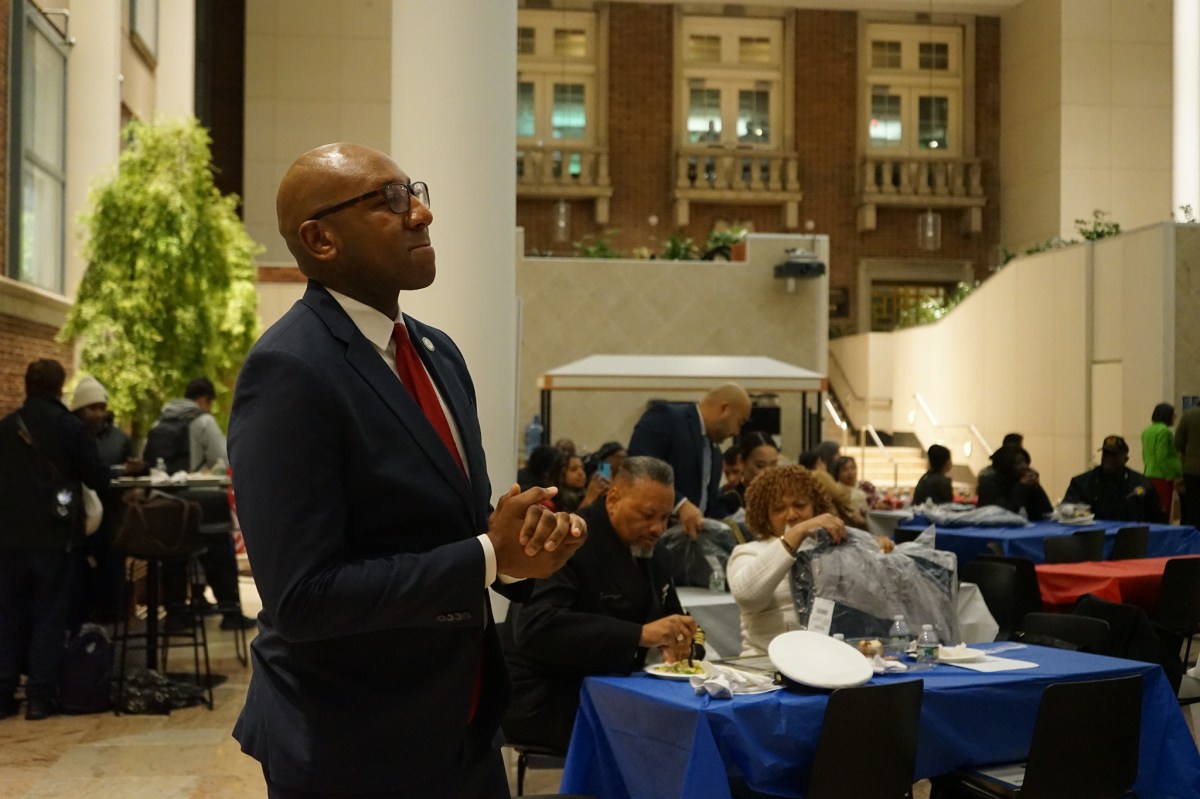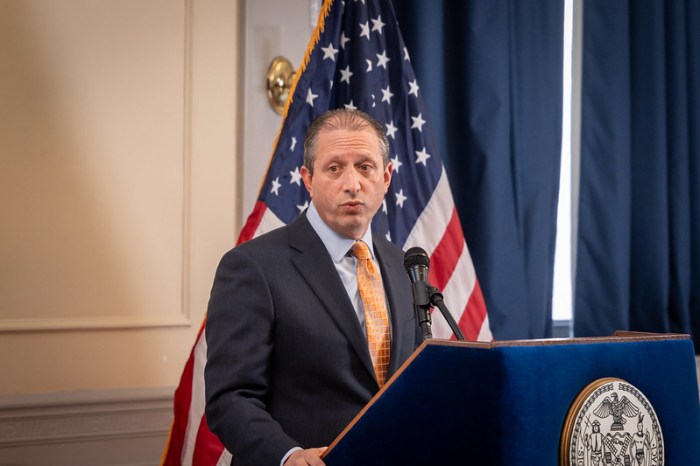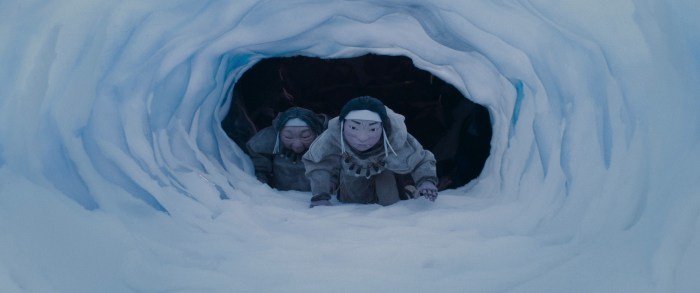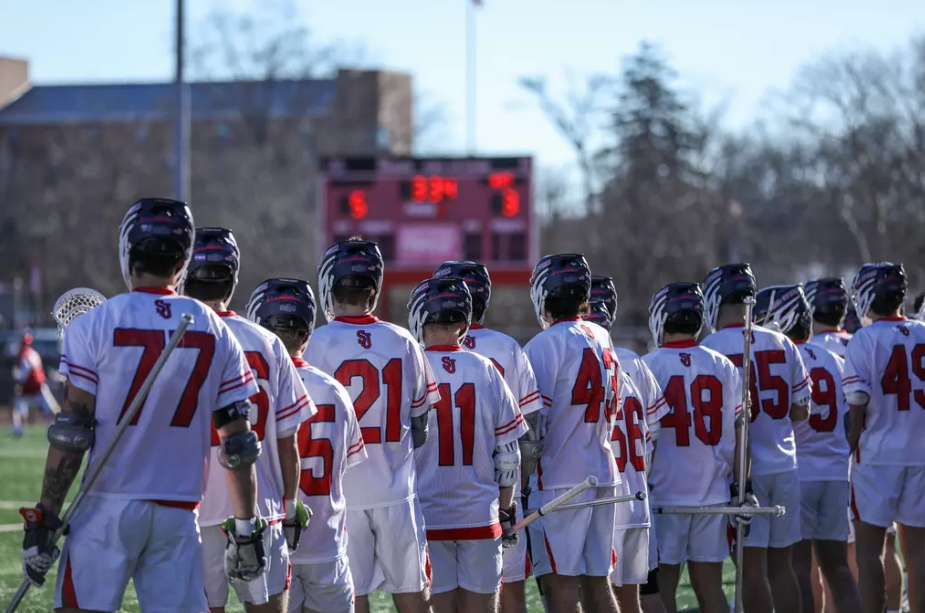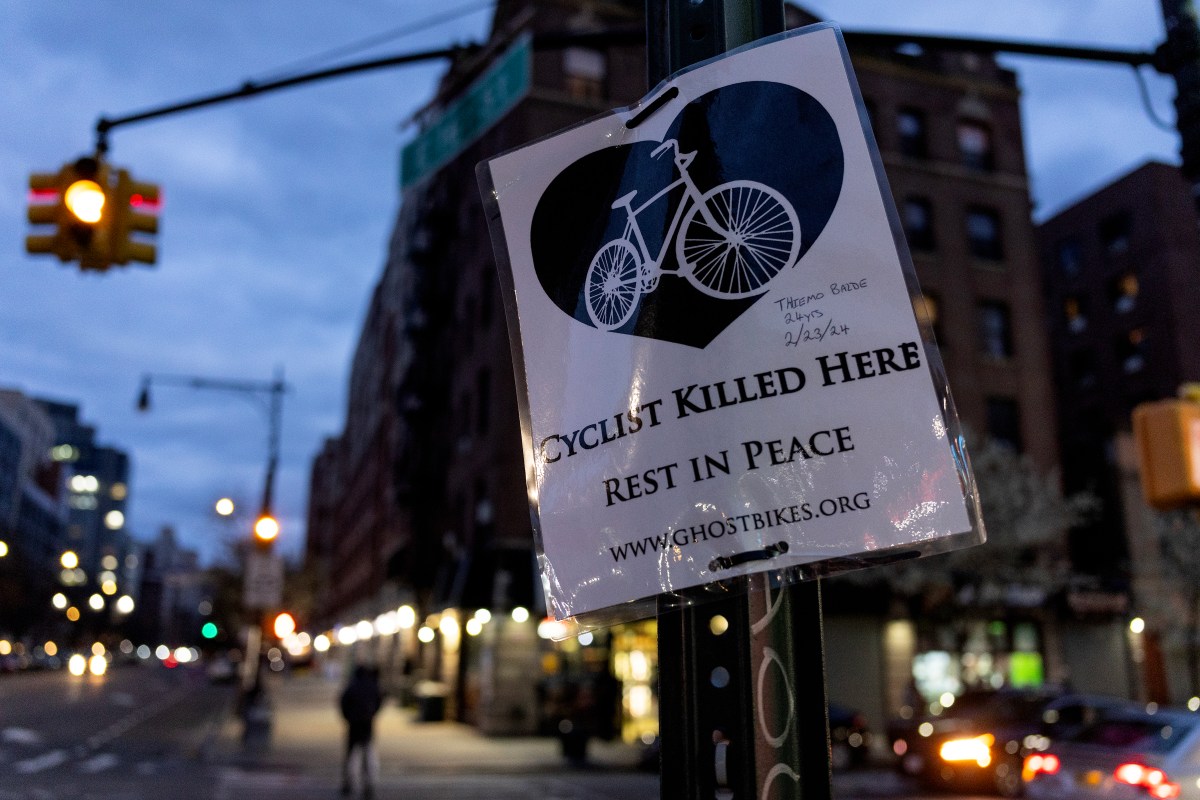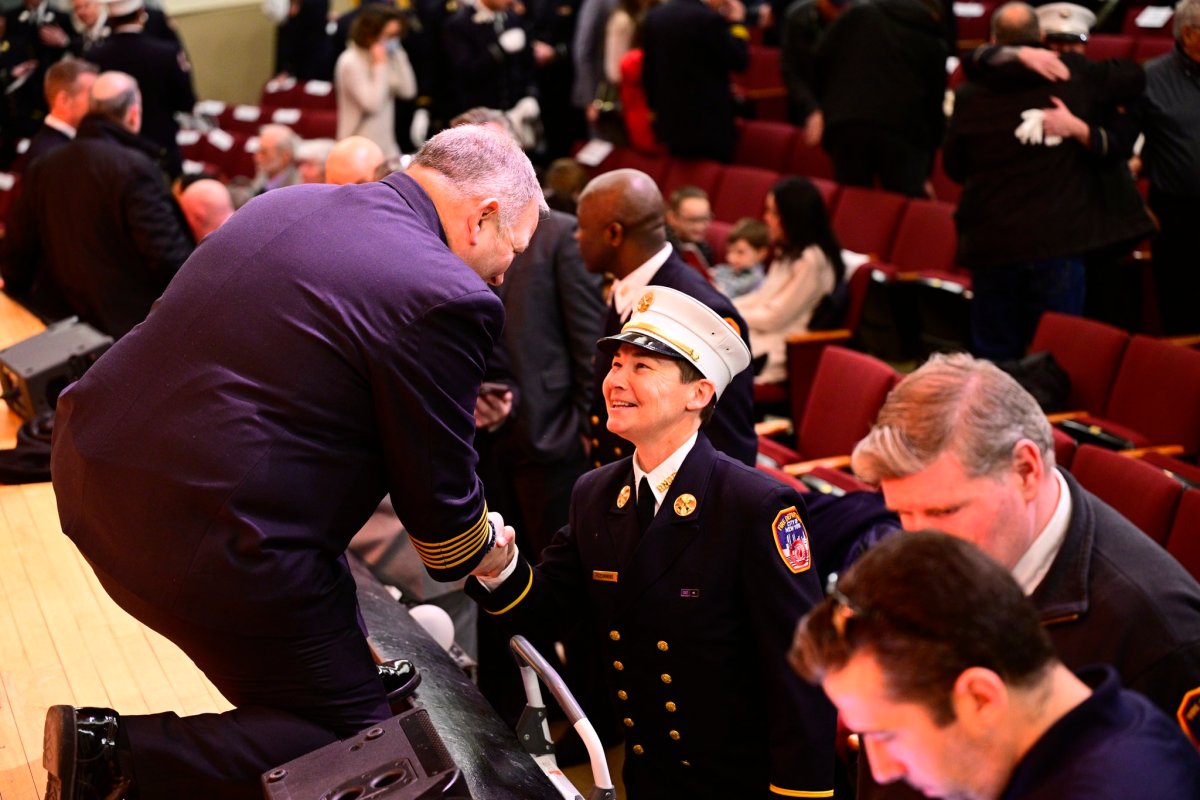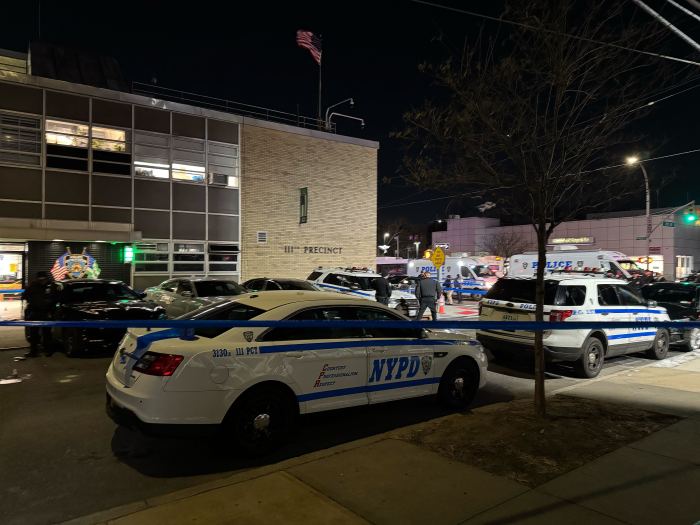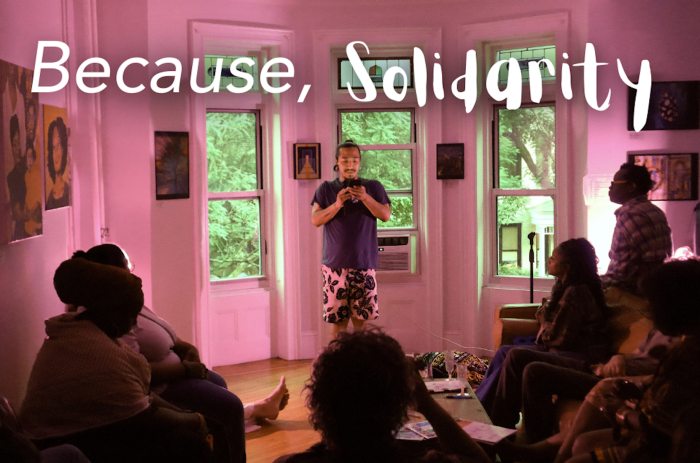Presidential politics move fast. Here’s what we’re watching heading into a new week on the 2020 campaign:
Days to Iowa caucuses: 91
Days to general election: 365
THE NARRATIVE
A new, turbulent phase of the Democratic primary has begun after Beto O’Rourke’s sudden decision to leave the race and Kamala Harris’ move to shutter her New Hampshire campaign. It’s the truth hour for candidates not named Joe Biden, Elizabeth Warren, Bernie Sanders and Pete Buttigieg. Under increasing political and financial pressure to make a move, more lower-tier candidates will be forced to shake up their staff or strategy or call it quits.
THE BIG QUESTIONS
Can Biden step up in the early states?
National polls are easy to talk about, but, unfortunately for Biden, they have little bearing on how presidential nominees are chosen. While Biden continues to lead many nationwide surveys, the former vice president has finished no better than third in the two most recent Iowa and New Hampshire polls. While many voters have yet to make firm decisions, that’s not where Biden wants to be three months out from Iowa, and his increasingly aggressive posture with Warren in particular reflects growing concern from his campaign. The establishment favorite needs to find a way to strengthen his standing in the early states soon or find an unconventional path to the nomination.
How does Warren sell her health care payment plan?
The Massachusetts senator answered the biggest policy question of her campaign late last week by unveiling a detailed proposal to spend $20 trillion over 10 years to fund her single-payer health care plan. Predictably, rivals in both major political parties pounced. She’s now tasked finding a message in the longer term that will satisfy liberals and skeptical moderates. After drawing mixed reviews for sidestepping related questions in the last debate, she’s only just beginning to confront a key issue underlying broader concerns that she may be too far left to win the general election.
Does the suburban slide for Donald Trump’s GOP hit bottom in Virginia?
He is not on the ballot on Tuesday, but the modern-day Republican Party’s standing in America’s suburbs certainly is as voters across Virginia decide the balance of power in their state legislature. Thanks to Trump’s weak standing with more educated and affluent suburban voters, Democrats have a real chance of taking control of both state house chambers for the first time in more than two decades.
Does AOC’s star shine bright enough to help Bernie overcome health concerns?
One of the Democratic Party’s brightest young stars, Alexandria Ocasio-Cortez, will make multiple campaign appearances alongside Sanders late this week in Iowa. This comes just a month after the 78-year-old Vermont senator suffered a heart attack that raised new concerns about his age and health. And it offers a powerful reminder that Sanders remains a political force in 2020, even if he’s viewed skeptically by the political establishment. Can Ocasio-Cortez give Sanders the kind of bump on the ground in Iowa he needs? It’s a heavy lift.
Will things get more difficult for Buttigieg?
Buttigieg, the feel-good story of 2020, is rising, but he’s largely escaped the kind of scrutiny that typically follows top-tier presidential candidates. That may be about to change. The 37-year-old South Bend, Indiana, mayor last week suggested Iowa has essentially become a two-person race between himself and Warren. New polling suggests he belongs in the top-tier conversation, even if Iowa is far from a two-person race. Still, the novelty of a fresh-faced midwestern Rhodes scholar with a hard-to-pronounce name can only go so far.
THE FINAL THOUGHT
The big questions above underscore a stark reality: With the Iowa caucuses rapidly approaching, uncertainty and anxiety is rising among most Democratic primary voters who are far from settled on their final pick. Why? Each of the top-tier candidates is making little progress in addressing glaring political vulnerabilities that threaten their presidential ambitions.
— Steve Peoples



